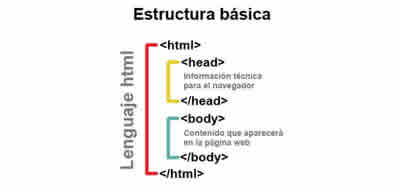PHP Evolution - Present and future
And is that the future sixth version of the language, which had been planned since mid-2005, has been suffering from delays for a while, mainly due to the ambitious nature of the project and the problems with the full support of Unicode.

On July 13, 2004, finally, counting the language with a user base of 15 million domains, PHP 5 is launched, based on the Zend Engine 2.0, a version that would make PHP enter its maturity, and turn it into a very nice language to use. The main effort at the time of developing this version focused on a much needed improvement in the support of object orientation, very poor and discussed until then, although other equally important features were added, such as the abstraction layer of access to PDO databases (PHP Data Objects or PHP Data Objects), SQLite by default, exception handling with try-catch blocks, iterators, improvements in XML handling thanks to the SimpleXML extension, improvements in speed and performance, and many other things.
Version 5.3.x, the current one at the time of writing these lines, and which was initially launched on June 30, 2009, also introduced very interesting features, initially thought for PHP 6, such as namespaces, late static binding (static link in runtime), closures or anonymous functions.
And is that the future sixth version of the language, which had been planned since mid-2005, has been suffering from delays for a while, mainly due to the ambitious nature of the project and the problems with the full support of Unicode.
So much so, that the development of PHP 6 moved to a branch in March 2010, and the development continues in the trunk, in a code based on version 5.3.
But the future of PHP is brighter than ever, however, with millions of users around the world and being used in 75% of servers, reaching the position of fourth language most used in the market according to TIOBE; with such useful new features in the near future as traits and frameworks that have nothing to envy to Django or Ruby on Rails, such as Yii, and to Struts or Spring MVC, such as Zend or Symfony.
CITE ARTICLE
For homework, research, thesis, books, magazines, blogs or academic articles
APA Format Reference:
Delgado, Hugo. (2019).
PHP Evolution - Present and future.
Retrieved Nov 11, 2025, from
https://disenowebakus.net/en/php-evolution




